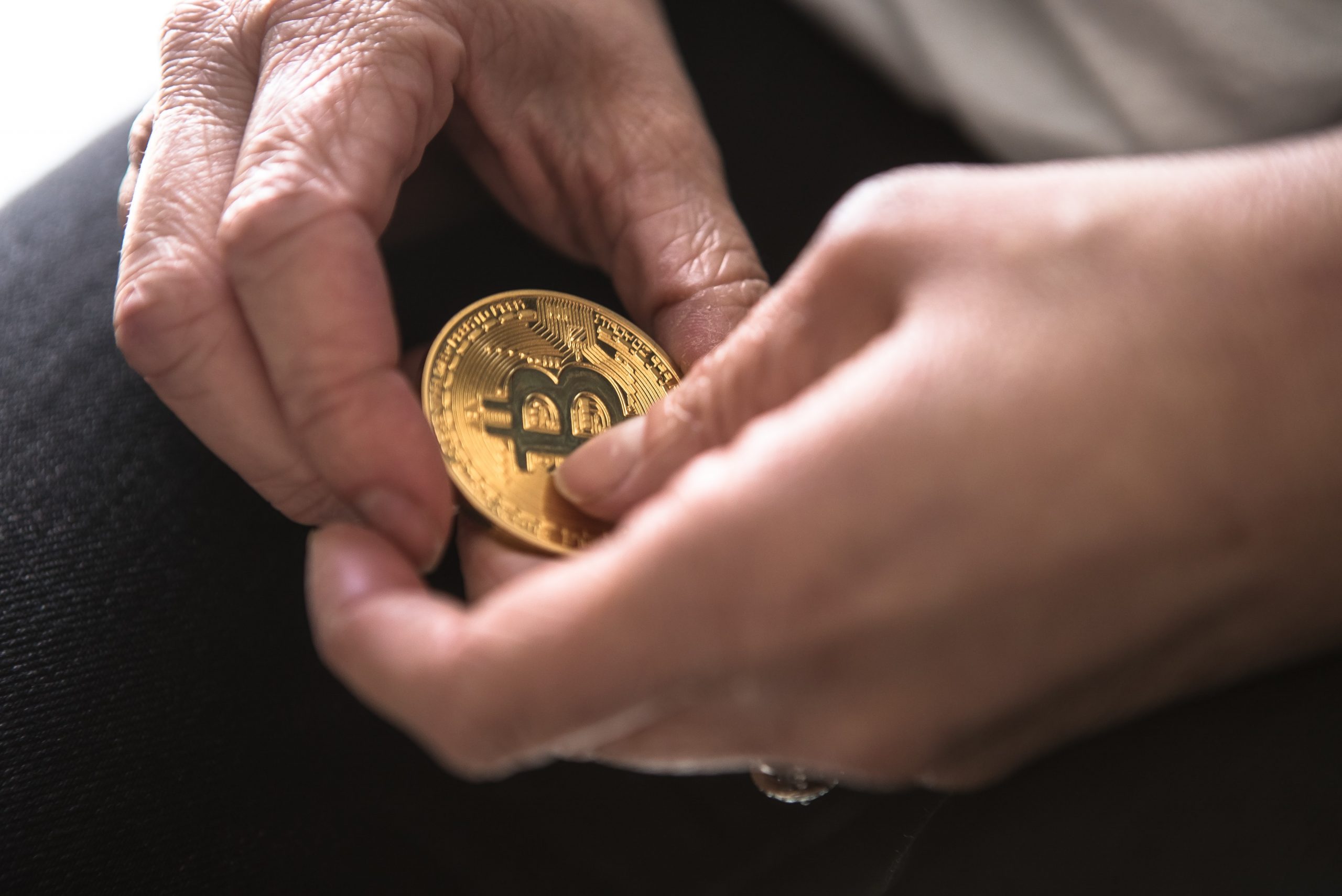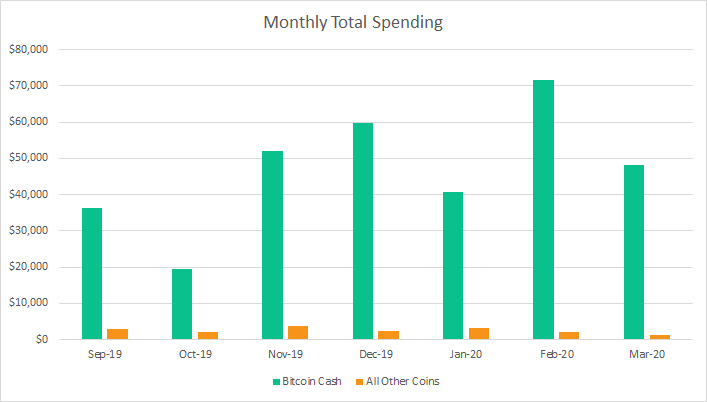The Australian crypto exchange market has experienced a significant growth surge in the last year, overcoming sluggish crypto price movements and global economic strife to add over 70 new crypto exchanges to the ranks of Aussie trading platforms.
The Australian Transaction Reports and Analysis Centre (AUSTRAC) confirmed earlier this year that over 312 cryptocurrency exchanges are now registered in Australia, a significant increase over the 246 exchanges active in February 2019.
AUSTRAC, which functions as Australia’s financial intelligence agency and is responsible for Anti-Money Laundering regulation, has regulated cryptocurrency exchange platforms in order to minimize the risk of criminal behavior such as terrorism financing, cybercrime, and money laundering.
Any exchange platform that intends to launch a crypto trading platform in Australia must first formally register with AUSTRAC and provide evidence that the platform will implement anti-money laundering and counter-terrorism financing controls.
AUSTRAC takes cryptocurrency exchange regulation seriously — to date, the regulatory body has canceled the registration of multiple platforms that include several cryptocurrency exchanges and a number of cryptocurrency ATM machine businesses.
Notably, AUSTRAC has revoked the licenses of AUSCOIN ATM and MK Buy & Sell, platforms associated with Lamborghini-driving Bitcoin trader Sam Karagiozis.
A joint raid executed by AUSTRAC and the AFP saw properties linked to Karagiozis raided in 2019. Karagiozis, subsequently charged with drug-related offenses, is currently fighting for the return of assets confiscated during the raid.






